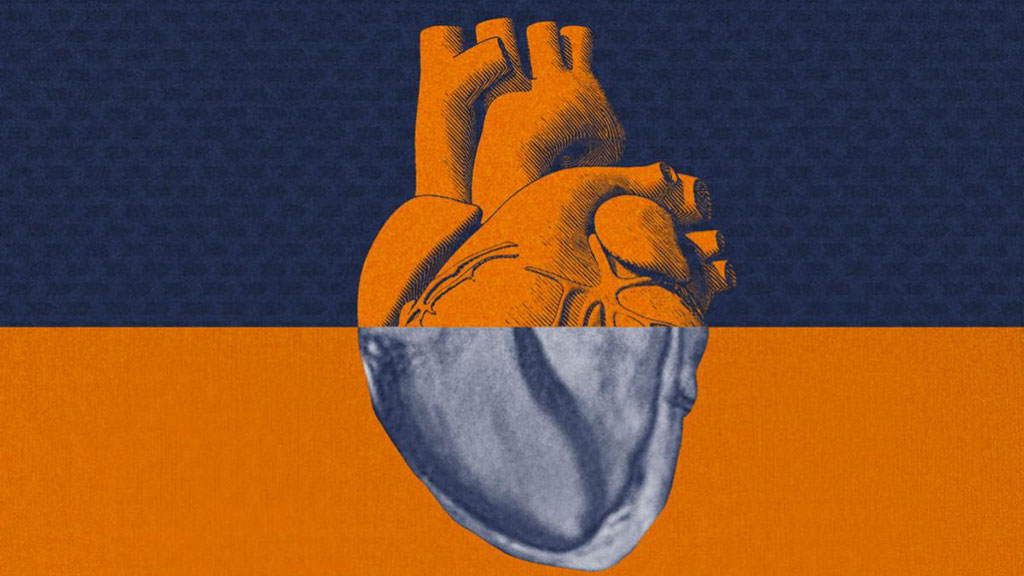New Artificial Intelligence Technology Poised to Transform Heart Imaging
By MedImaging International staff writers
Posted on 02 Sep 2021
A new artificial intelligence (AI) technology for heart imaging can potentially improve care for patients, allowing doctors to examine their hearts for scar tissue while eliminating the need for contrast injections required for traditional cardiovascular magnetic resonance imaging (MRI).Posted on 02 Sep 2021
The team of researchers University Of Virginia (Charlottesville, VA, USA) who developed the technology have reported the success of the approach. The team compared its AI approach, known as virtual native enhancement, with contrast-enhanced cardiovascular magnetic resonance scans now used to monitor hypertrophic cardiomyopathy, the most common genetic heart condition. The researchers found that virtual native enhancement produced higher-quality images and better captured evidence of scar in the heart, all without the need for injecting the standard contrast agent required for cardiovascular magnetic resonance scans.

Illustration
The new approach works by using AI to enhance “T1-maps” of the heart tissue created by magnetic resonance imaging. These maps are combined with enhanced MRI “cines,” which are like movies of moving tissue – in this case, the beating heart. Overlaying the two types of images creates the artificial virtual native enhancement image. Based on these inputs, the technology can produce something virtually identical to the traditional contrast-enhanced cardiovascular magnetic resonance heart scans doctors are accustomed to reading – only better, the researchers conclude.
The new virtual native enhancement technology will allow doctors to image the heart more often and more quickly, the researchers say. It also may help doctors detect subtle changes in the heart earlier, though more testing is needed to confirm that. The technology also would benefit patients who are allergic to the contrast agent injected for cardiovascular magnetic resonance scans, as well as patients with severely failing kidneys, a group that avoids the use of the agent. While the new research examined virtual native enhancement’s potential in patients with hypertrophic cardiomyopathy, the technology’s creators envision it being used for many other heart conditions as well.
“This is a potentially important advance, especially if it can be expanded to other patient groups,” said researcher Dr. Christopher Kramer, the chief of the Division of Cardiovascular Medicine at UVA Health, Virginia’s only designated Center of Excellence by the Hypertrophic Cardiomyopathy Association. “Being able to identify scar in the heart, an important contributor to progression to heart failure and sudden cardiac death, without contrast, would be highly significant. Cardiovascular magnetic resonance scans would be done without contrast, saving cost and any risk, albeit low, from the contrast agent.”
Related Links:
University of Virginia














